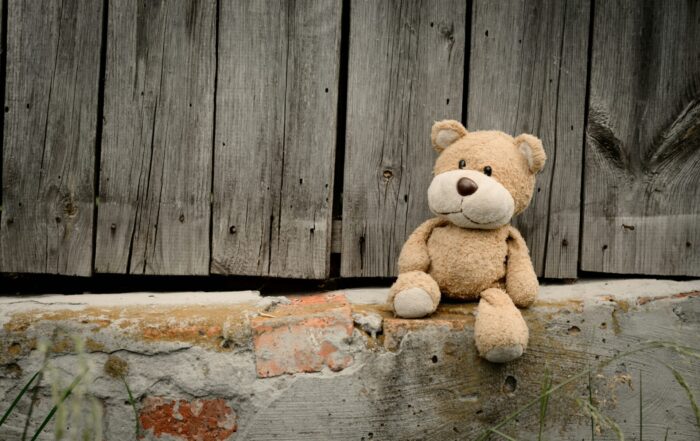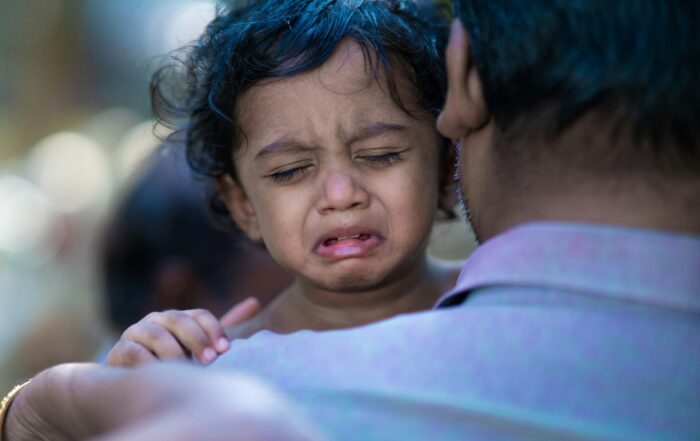
By Benjamin E. Saunders, PhD and Zachary W. Adams, PhD
The epidemiology of traumatic experiences in childhood is a key context for research, clinical treatment, program management, and policy development. This article discusses the conceptual, methodological, and programmatic challenges in precisely answering even relatively simple questions concerning the basic prevalence and incidence of important trauma types among American youth. Findings from studies using nationally representative samples and directly interviewing youth about their trauma histories are reviewed, and lifetime prevalence rates for various types of traumatic experience presented. Clinical application of this information and future directions are discussed.
Understanding the epidemiology of traumatic experiences in childhood is critical to conducting meaningful trauma research, developing effective trauma services and service delivery systems, and efficiently allocating resources for both activities. Without an understanding of the basic topography of these events in the lives of youth, there is a danger of over focusing on extraordinary, emotionally gripping, or highly visible types of events and overlooking less obvious or dramatic, but perhaps highly significant forms of trauma…
Share This Post!
Trauma-Informed Care
By healthcaretoolbox.org A guide for patients and caregivers to advocate for trauma-informed care in all aspects of healthcare. Read Article [...]
After the Trauma: Helping My Child Cope
By The Center for Pediatric Traumatic Stress at Children's Hospital of Philadelphia and Nemours / Alfred I. duPont Hospital for Children A helpful toolbox to assist parents with what they can [...]
The Power of Mindfulness
By Juliann Garey Mindfulness is a meditation practice that helps you calm down. It starts with focusing on your breathing. It helps you stay in the present instead of worrying about the [...]
Adverse Childhood Experiences
By CDC ACEs are common. About 64% of adults in the United States reported they had experienced at least one type of ACE before age 18. Nearly one in six (17.3%) [...]
It Happened Here: Dr. Margaret Morgan Lawrence
By NYP History Every time she was turned away, Dr. Margaret Morgan Lawrence, whose career began at NewYork-Presbyterian in the 1940s, found a new opportunity to succeed, eventually becoming the first [...]
The Impact of Childhood Trauma on Developing Bipolar Disorder
By Yann Quidé, Leonardo Tozzi, Mark Corcoran, Dara M Cannon, Maria R Dauvermann Childhood trauma (CT) has been repeatedly linked to earlier onset and greater severity of bipolar disorder (BD) in adulthood. However, such knowledge [...]







